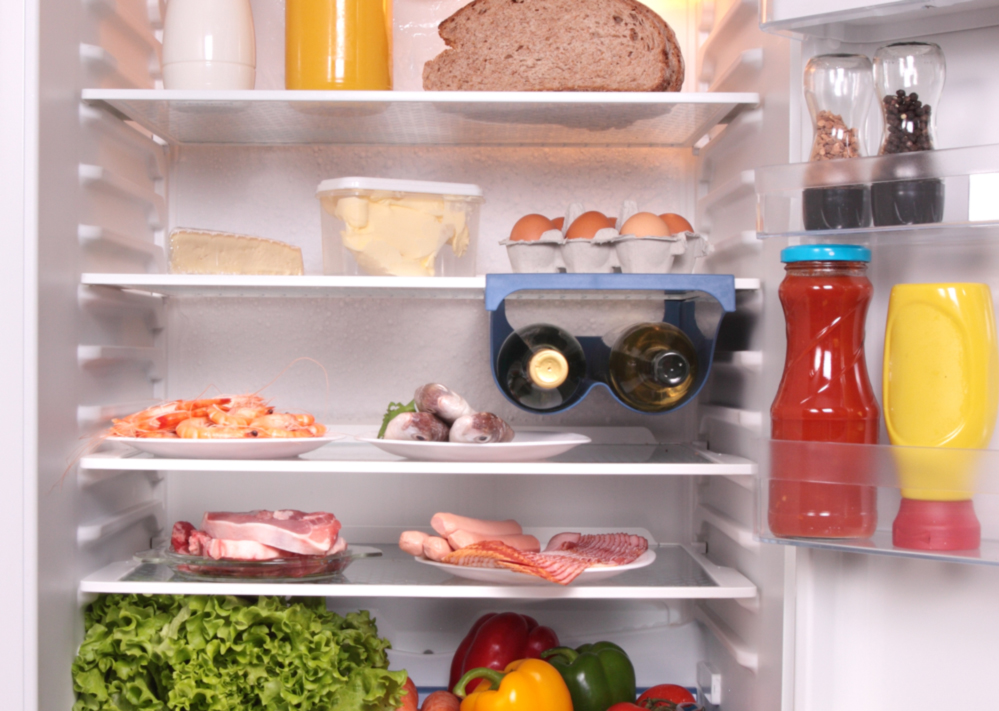Household Bills
Consumers could save £336 a year by switching to energy efficient appliances

Households could make savings of more than £3,000 over a decade on their energy bills by switching to more energy efficient white goods, according to Which?
The consumer champion’s new ‘running cost’ tool aims to help people save money on their bills by calculating the energy efficiency of tumble dryers, washing machines, fridge freezers, ovens and dishwashers.
Researchers found that the least efficient models in each category would collectively cost an eye-watering £490 a year to run. Consumers could save £336 annually by opting for the most energy-efficient appliances – which cost just £154 a year to run.
Which? energy cost data comes from independent lab testing and is based on real-world scenarios. It often reveals big differences between A-rated machines, and that in some cases B and C-rated machines can actually cost less to run.
Tumble dryers
While some of the most efficient appliances may be more expensive up front, Which?’s research has found they are cheaper over the average product’s lifetime due to their lower running costs.
For example, the most energy-hungry vented tumble dryer the consumer champion tested, the Hoover HL V10LG-80, costs £260 to buy while the most energy-efficient, the Miele TCB140 WP, costs £800.
However, the Miele tumble dryer costs just £29 a year to run – if drying roughly three loads a week – compared to £135 for the Hoover model. Factoring in the cost of both tumble dryers, consumers would save £1,580 over the course of the appliances’ lifetimes if they opted for the Miele machine due to its lower running costs.
Heat pump tumble dryers tend to be both more energy efficient and pricier than cheaper condenser and vented models but can easily pay for themselves in energy savings. On average, condenser dryers cost £109 per year to run whilst heat pump models cost just £42.
Fridge freezers
Consumers also stand to make big savings by choosing carefully when they buy their next fridge freezer. The least energy-efficient fridge freezer tested, the Hotpoint FFU3DX1, costs £134 in energy bills a year. People could cut this cost by £104 by using the LG GBB92MCBAP, which runs up just £30 in annual energy bills.
The type of fridge freezer people opt for will also have an impact. On average, a freestanding fridge freezer will add around £61 per year to people’s energy bills, while a large American-style fridge freezer cost about £92 a year for energy.
Washing machines
Consumers could also save £55 a year by choosing a more energy efficient washing machine when they need to replace their existing model. On average, a washing machine will add £46 per year to people’s bills, but running costs can vary from less than £20 to as much as £70 per year if running four 40°C washes per week.
The most efficient washing machine model tested was the Ebac AWM74D2H, which costs just £15 a year to run, while the least efficient model, the Haier HW100-B14876 costs £70 a year.
Ovens
Ovens are not typically as energy-hungry as other large appliances, but it is still worth checking out their energy-efficiency before buying. On average a built-in oven costs £53 a year to run.
The least efficient built-in oven the consumer champion tested was the Smeg Dolce Stil Novo SFP6604WTPNR. This cost £73 to run a year if used for about five hours per week at 170°C. Consumers could save £39 a year by opting for the most efficient oven tested, the Beko BXIF35300X – with just £34 of annual running costs.
Choosing the right appliances
Lisa Barber, Which? home products and services editor, said: “Choosing the right appliances for your home could cut hundreds of pounds a year from your energy bills and reduce your environmental impact.
“This is crucial at a time when most of us are already facing higher energy bills and having to tighten the purse strings. Which?’s running cost tools allow consumers to easily compare the energy efficiency of popular household appliances – helping them buy better and choose the best product in the long run.”